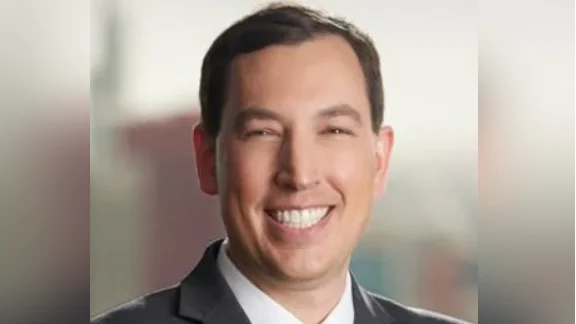Jesse M. Ehrenfeld, MD, MPH President | Official website
In a recent address to delegates, Dr. Bruce A. Scott, President of the American Medical Association (AMA), highlighted several pressing issues affecting physicians today. Among these challenges are rising practice costs, an unsustainable Medicare payment system, and administrative burdens such as prior authorization requirements.
Dr. Scott urged Congress to pass the Medicare Patient Access and Practice Sustainability Act of 2024 during the lame duck session. This legislation aims to eliminate a proposed 2.8 percent cut for 2025 and adjust payments based on inflationary costs, addressing a nearly 30 percent decline in Medicare payments since 2001.
He also advocated for the Improving Seniors’ Timely Access to Care Act, which seeks to modernize the prior authorization process under Medicare Advantage plans. Both bills reportedly have bipartisan support.
Dr. Scott acknowledged the recent polarizing election but emphasized the importance of bipartisan collaboration on healthcare issues that affect patients and medical professionals alike. "Our AMA works with Democrats and Republicans to fix the flaws in our health system and improve public health," he stated.
The speech included personal anecdotes from Dr. Scott's experiences as a physician and his travels across rural America, underscoring challenges faced by healthcare providers in underserved areas. He shared a poignant letter from an OB/GYN who had to close their practice due to financial pressures, highlighting broader systemic issues within independent medical practices.
Medicare payment reform remains a top advocacy priority for the AMA as they push for legislative changes that reflect inflationary pressures and prevent further cuts that could impact patient care access.
Dr. Scott also addressed concerns about prior authorization delays and denials, noting efforts at both state and federal levels to reform these processes through sustained advocacy campaigns by the AMA.
The scope of practice expansion was another topic discussed by Dr. Scott, who argued for maintaining physician involvement in patient care decisions due to better health outcomes associated with physician-led treatments.
Throughout his speech, Dr. Scott reiterated his commitment to fighting for meaningful solutions alongside colleagues nationwide: "Together, we CAN Fix it."





